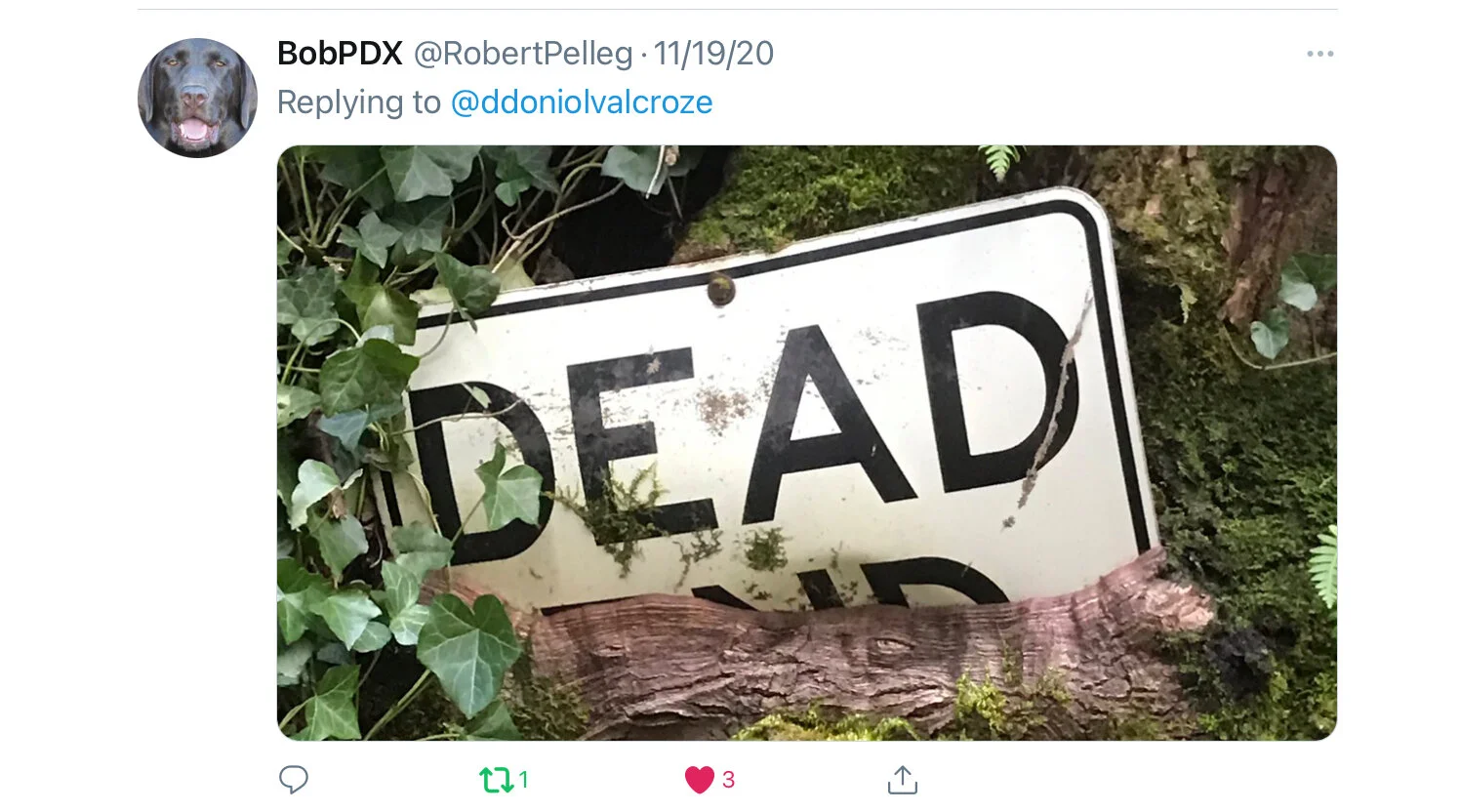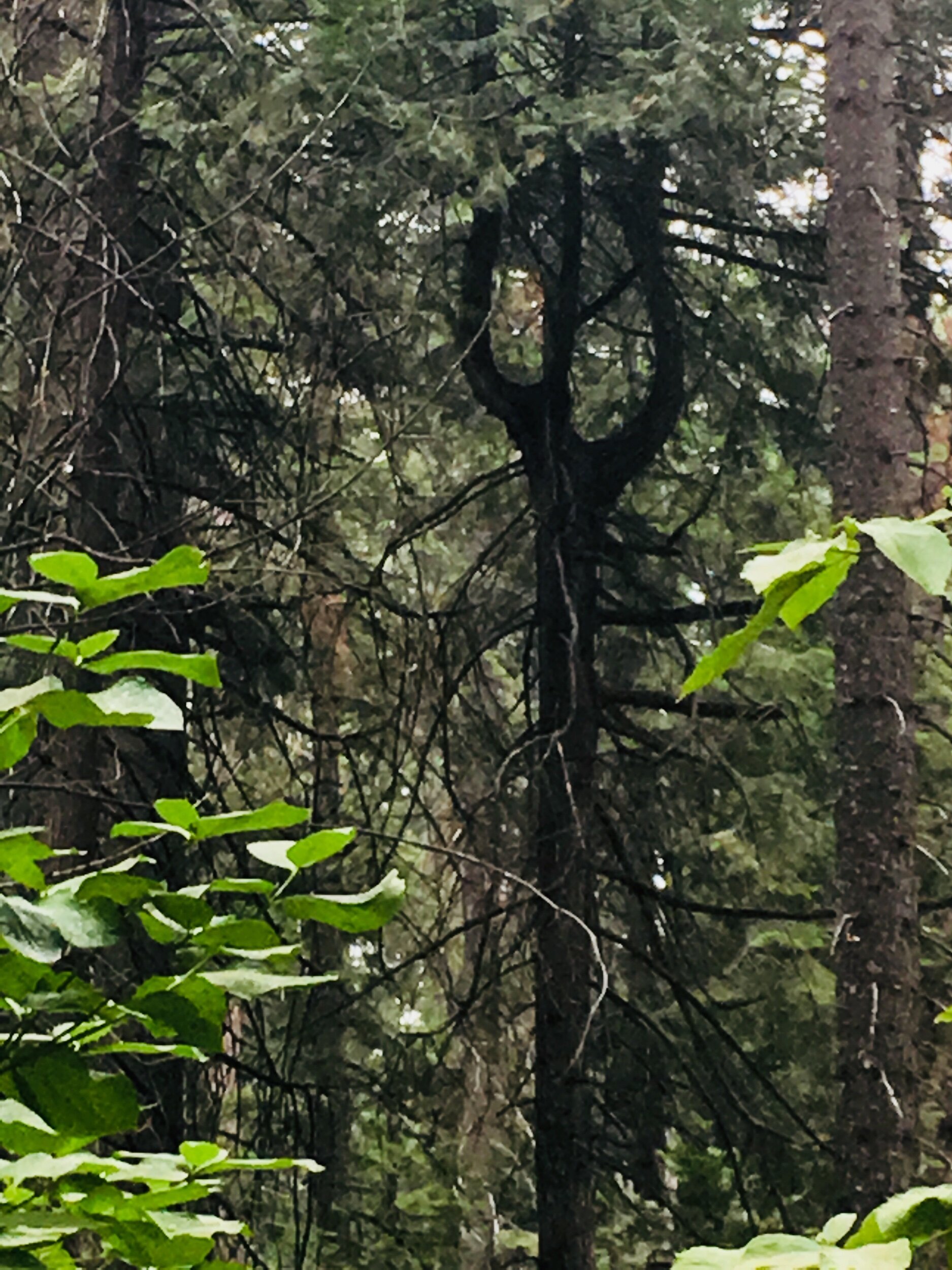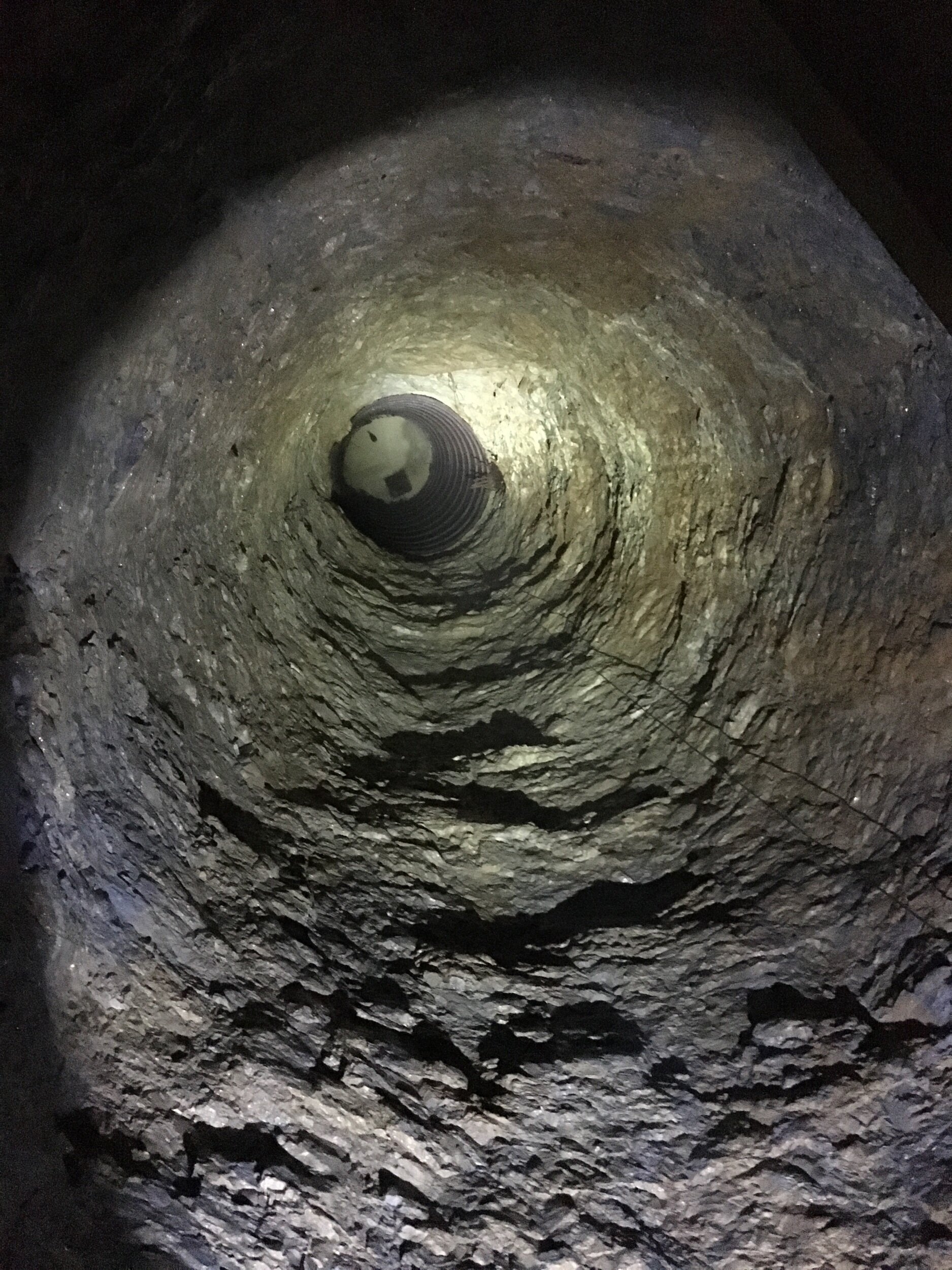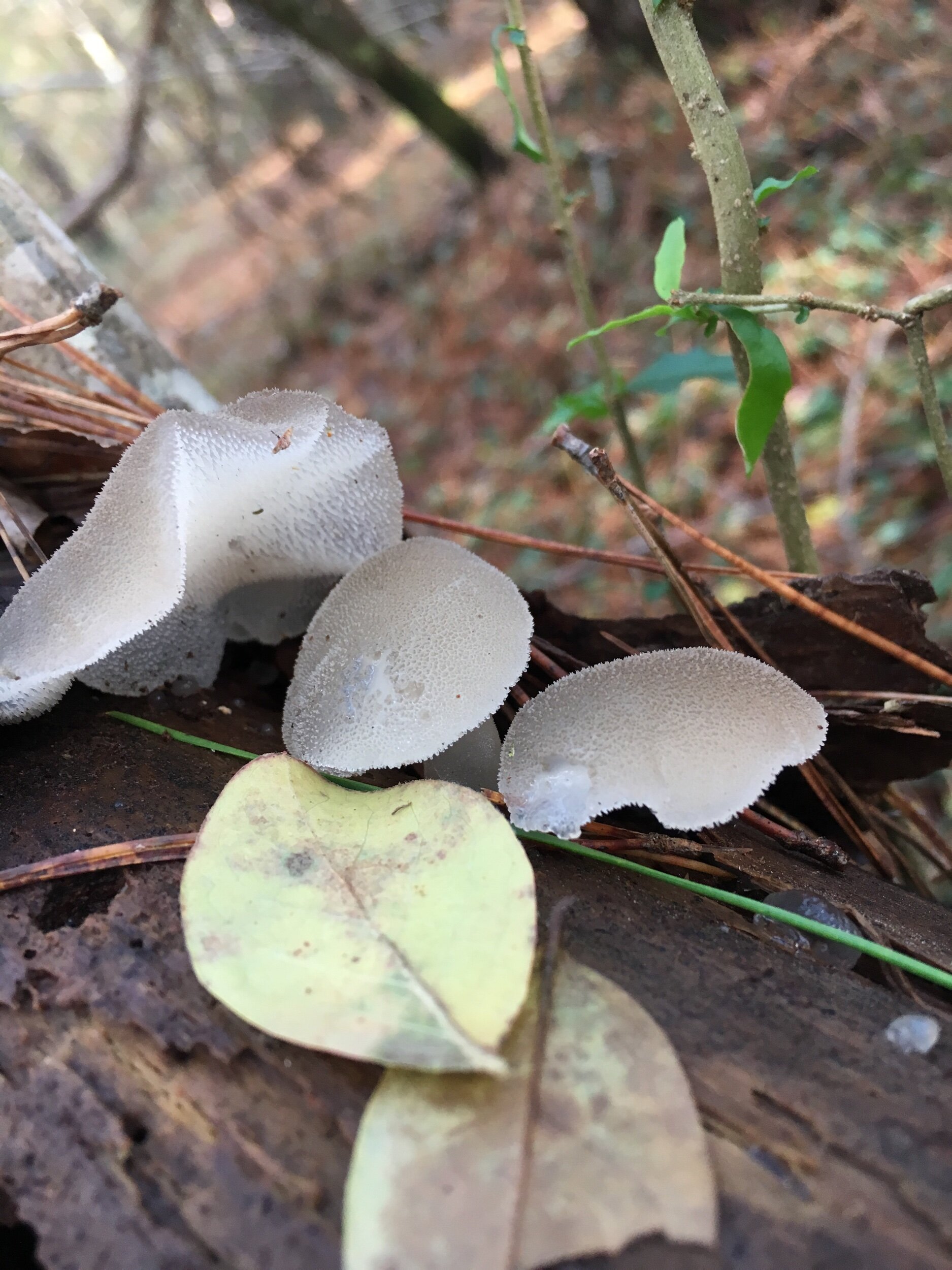When I first started writing, I often switched the “you” within the poem, or the “you” I was addressing was unclear. Now I am more concerned with the “I” in my poems. Not persona poems—that is a whole (or rather fragmented) other conversation—pun intended.
The “I” in my daily life is just as ambiguous: I continue to be an unreliable narrator, always learning that I again was wrong and then learning that my correction was an overreaction to the original error. Even caution can be an overcorrection, and second guessing a mental tic.
I never know when I am in the right or just am left guessing my way through the dark. The light keeps changing on me. So do my guesses.
For the first prompt, experiment with an unreliable narrator. Leave clues for the audience (and yourself) to discover but avoid the sudden epiphany, which is hard to pull off after its centuries of overuse. I will always love that lightning realization in Edith Wharton’s “Roman Fever” and Jane Austen’s Emma, but I am wary of the puppet master allure.
For the second prompt, write about a time in which all you had believed about an event was merely a lie you had told yourself or a another’s lie that you believed about yourself. How did you realize you were wrong? Did someone tell you? Why did you believe that person?
Or for a slight variation, take an old poem about an event in your life and look at it through your current viewpoint. What changes; what does not? And more intriguingly do you expect that you will change stance on this same event in the future, in the next 10 minutes?
For the last prompt, write a conversation between “the poet” and the “speaker” in one of your poems. How do “you” and how you present yourself as a poet juxtapose in the poem? Is the poem a scene or a landscape?
























































